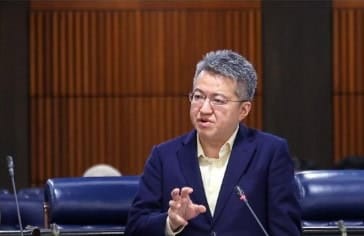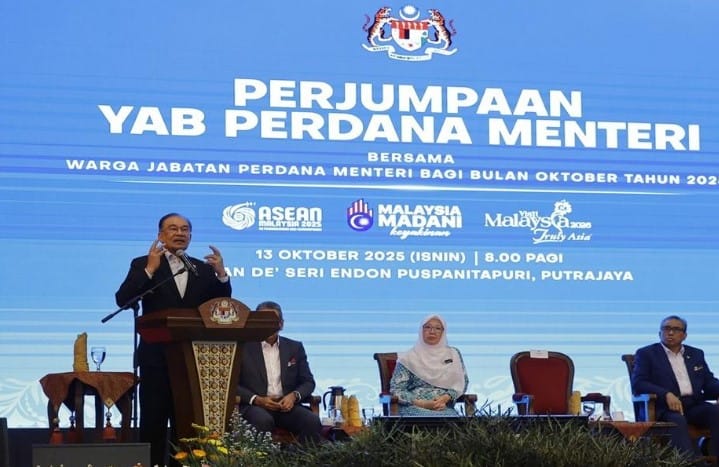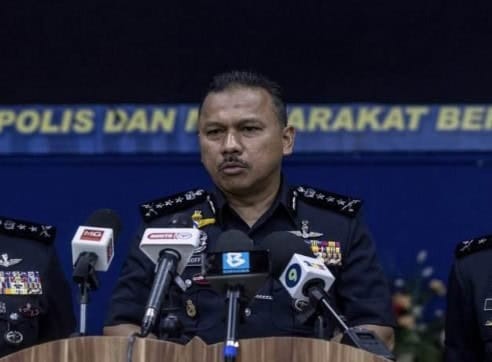
BY PHLIP RODRIGUES – It has always been a habit of politicians to evoke the memory of a great leader in order to strengthen their political and moral credentials when pushing for some controversial policies and laws.
By resurrecting the ghost of the past, these self-serving politicians hope the people will give their unstinting support because a hallowed name has been mentioned.
So it was with the law-makers in India who late last year enlisted Mahatma Gandhi to their cause when they crafted a citizenship law, which whipped up a storm of protests on the subcontinent and abroad.
On the surface of it, the new law appears to be humanitarian. Mother India wants to embrace all the illegal migrants who fled persecution in their homeland and to grant them all Indian citizenship.
So Hindus, Sikhs, Buddhists, Jain, Parsi and Christians are all eligible to become Indian citizens. Muslims? No! No! No! Prime Minister Narendra Modi very cleverly tried to defuse an explosive issue with an empathetic remark: “We never asked their religion. We only saw the poverty of the poor and gave them a home.”
Modi did not see, or did not want to see, the poverty of his idea, which could only lead, and did lead, to violent protests. He overlooked the fact that religion forms the core of this fast-tracked train to citizenship.
When tempers boiled over onto the streets, Modi condemned the protesters implying that they did not follow in the footsteps of Gandhi. They had betrayed the Gandhian ideal of “ahimsa” (non-violence). A very subtle ploy to push aggressively an unpopular piece of legislation.
Mohandas Karamchand Gandhi, born 150 years ago, would surely not endorse any law that discriminates anyone on the basis of his religion. All his life he had advocated Hindu-Muslim unity at a time when relations between the two communities were fraught.
The Mahatma – the Great Soul – did not see the Muslims as enemies but as one big family members sharing a common destiny. To him, there was no distinction between Hindus and Muslims when it came to running the country
As he put it succintly: “If we want to conduct the affairs of India properly we must be only Indians. It is of no consequence by what name we call God in our homes. In the work of the nation, all Indians of all faiths are one .”
In that belief, Mahatma Gandhi worked very hard to turn mutual hostility and hatred, wherever it burst open on the subcontinent, into one of the brotherhood of man. When violence did break out, and often did, he employed only his moral weapon of fasting to stop the bloodshed: either the warring sides ceased their killings or he would fast to death.
His message of peace had its intended effect: Muslims and Hindus stopped the bloodletting out of respect for the apostle of non-violence. But when the carnage resumed, he could only weep in his heart at the senselessness of it all.
“What sins must I have committed that (God) kept me alive to witness all these horrors?,” he lamented. The true measure of the man was his fearlessness in the struggle for Muslim-Hindu unity in the midst of insurmountable odds.
In India today, the Mahatma’s legacy still lives on but who can wear his mantle? Apparently, there is one man and his name is Modi. He was quick to evoke the name of the Mahatma when the controversial law was passed.
Modi denounced the protesters for their violent reaction against the law as if they had sullied the reputation of the Mahatma. His supporters even believed the Great Soul would have supported the law because it favours persecuted migrants of all religions except Islam.
Modi chose to ignore the plight of Muslim themselves persecuted in their own countries and seeking refuge elsewhere. There is a common fear that he is seeking to turn India into an unadulterated Hindu nation in line with the doctrine of Hindutva (Hindu supremacy), which is the antithesis of everything that Gandhi had fought for.
Yet Modi, a fellow Gujarati like Gandhi, dares to evoke the Mahatma in his push for a law that is clearly against the interest of the Muslims who, it is feared, will be marginalised with the influx of new Indian citizens of the Hindu faith.
It is all too easy to say the citizenship law has fulfilled Mahatma Gandhi’s wish to see such persecuted migrants of other faiths embraced in India. Modi’s supporters are probably putting words in Bapuji’s mouth, or twisting his words, to create the impression that Modi’s blueprint for Hindutva would have the blessing of the independence fighter.
Gandhi was called a Mahatma for his many public services in the subcontinent: defending the untouchables, fighting the caste system, comforting both Hindus and Muslims in times of violence, going to jail in the cause of freedom. He had earlier carved his name in another subcontinent, South Africa, for fighting for the rights of indentured Indian labourers.
But the same spiritual honorific cannot be bestowed on Modi who does not have a clean slate to show. In fact, his hand was soiled from the tragic events of 2002 in Gujarat when violence erupted between the Hindus and Muslims. The Muslim minority took a heavy toll. The pogrom took place when Modi was the then chief minister of Gujarat.
Although Modi was cleared of complicity in the pogrom (he was accused of cordoning the violence), he has to take the moral blame for an atrocity that would have pained Mahatma Gandhi. Yet he wants to take thesame mantle from Gandhiji to give legitimacy to an unpopular law.
No one – not even leaders in the Indian Congress Party – can assume the role of Mahatma Gandhi who was assassinated by a Hindu nationalist but whose legacy still lives on in an increasingly religiously bigoted nation.
In modern India, Modi may be the man of the hour, but he cannot come anywhere near the Mahatma for the selfless services rendered to the nation. Modi is no Mahatma and therefore he cannot evoke his name to promote Hindu supremacy at the expense of national unity.
PHLIP RODRIGUES is a retired journalist.
*The opinions expressed above are those of the writer or publication and do not necessarily represent the opinions of New Malaysia Times.





More Stories
BN To Field MCA, PBRS Candidates In Sabah Polls – Ahmad Zahid
Erdogan Warns Israel Against Breaking Ceasefire Promises
Sabah Polls: Postal Vote Applications To Open From Oct 13 – EC